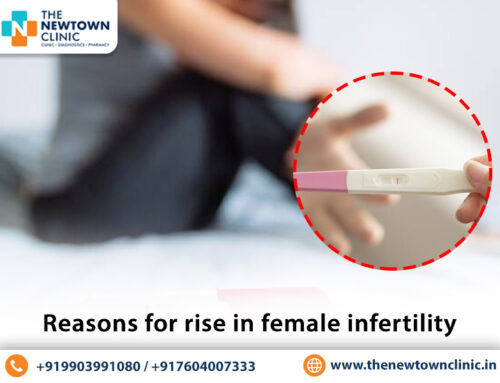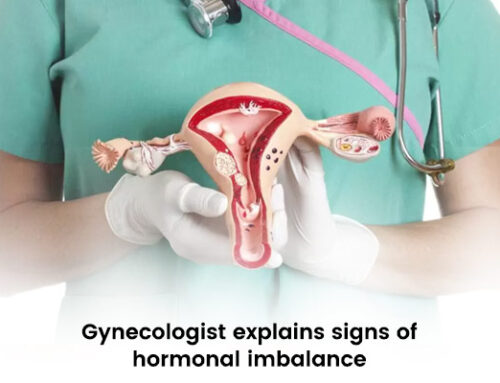Menstruation cycles can often fluctuate, contributing to missed periods. Though experiencing missed periods once in a while is not a cause for concern, constant irregularities can indicate an underlying issue. In these cases, it’s important to consult a reputed gynecologist in Newtown to determine the cause and seek treatment. Below, we will discuss when to see a gynecologist for missed periods.
Understanding Menstruation Cycles
The menstrual cycles generally last for a period of 28 days. It involves the release of the eggs from the ovaries (ovulation), followed by the shedding of the uterine lining (menstruation). Factors like hormonal imbalances, stress, changes in weight, and some medical conditions can disrupt the balance, resulting in missed periods.
When to reach out to a gynecologist?
1. Amenorrhea: If one experiences missed periods for several months at a time, it is termed a condition known as amenorrhea. Primary amenorrhea occurs when a person has not started menstruating by age 16. Secondary amenorrhea, on the other hand, happens when a woman’s period stops suddenly for a period of three months or more. These situations require consultation with the best gynecologist in Saltlake to address potential problems.
2. Consistent irregularities: In case you have missed several periods and are concerned about your reproductive health, consult an obstetrician and gynecologist in Saltlake. They will perform the necessary tests, assess your health, and offer an effective treatment after diagnosing your condition.
3. Polycystic Ovary Syndrome: PCOS is a hormonal disorder that causes irregular periods. A gynecologist can diagnose the condition through a number of medical tests, ultrasound, physical examination, and blood tests.
4. Potential Pregnancy: If you are sexually active and have missed a period, pregnancy might be a possibility. A gynecologist can provide you with an accurate testing method to confirm your pregnancy.
5. Thyroid disorders: Thyroid imbalances can disturb your menstrual cycles. Both hyperthyroidism and hypothyroidism can result in irregular or missed periods. A gynecologist can effectively diagnose the condition and provide an appropriate treatment.
6. Underlying medical conditions: Missed periods can sometimes be indicative of some underlying reproductive health issues like endometriosis, uterine fibroids, ovarian cysts, and so on. Consulting a gynecologist will help diagnose and address these concerns.
If you have been experiencing missed periods for a while, make sure to reach out to the best gynecologist in Newtown.







